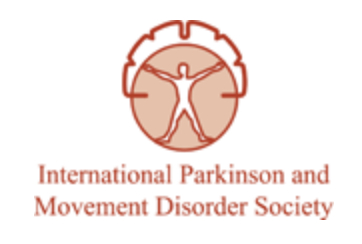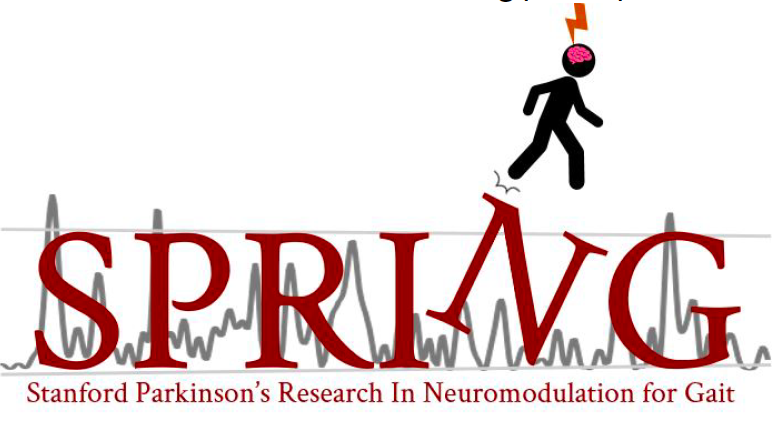
This interesting new research of 300,000 people with PD and 1.2 million matched controls explored prodromal Parkinson’s disease by studying the skin, genitourinary, and gastrointestinal issues reported. The researchers say that studying these systems “offers a unique window for understanding early disease pathogenesis and developing disease modifying treatments.”



